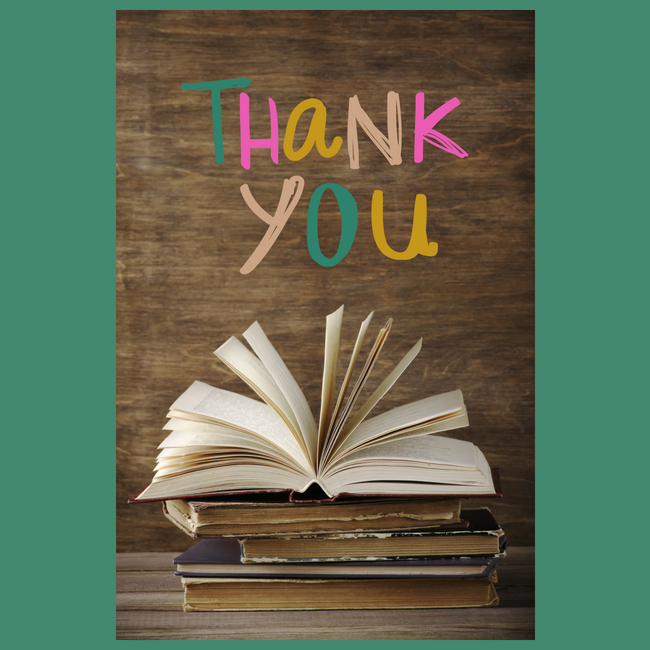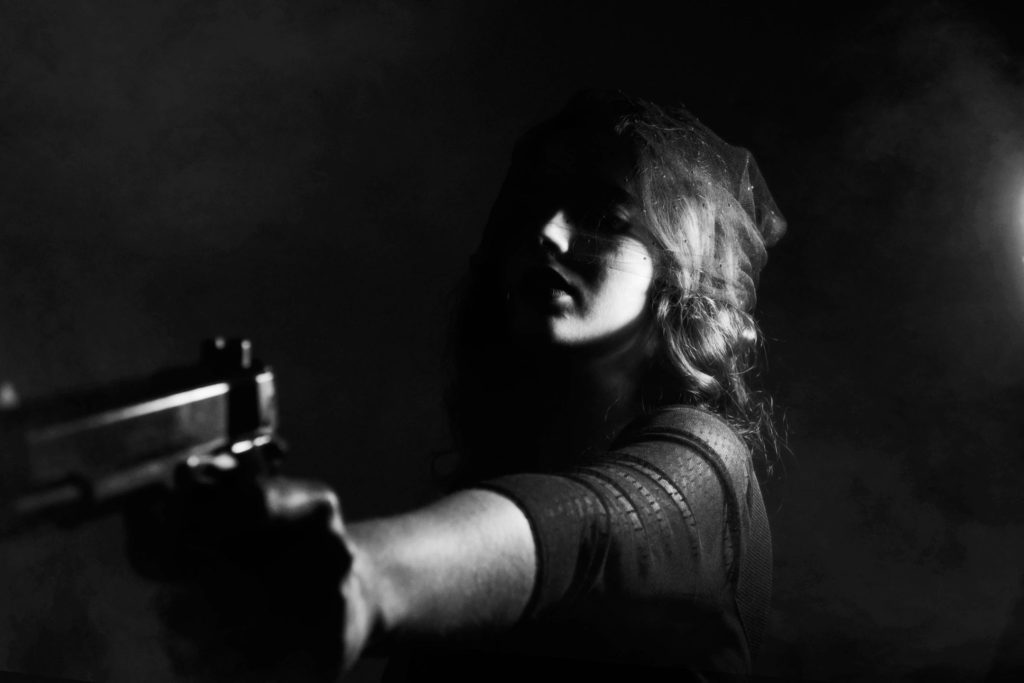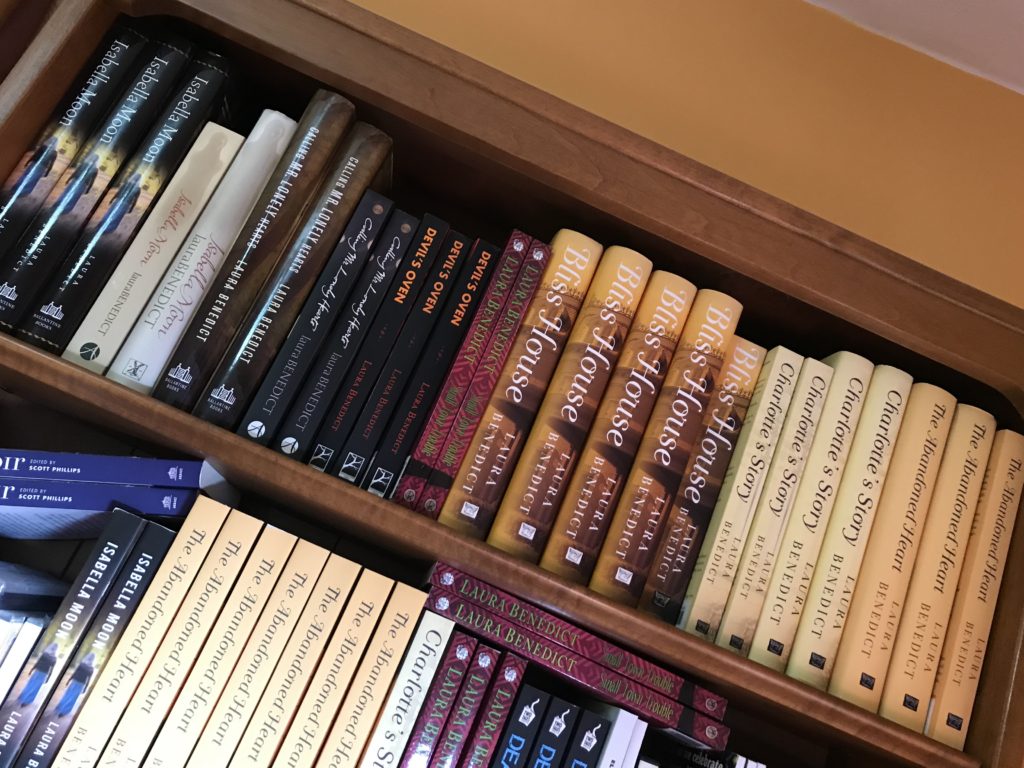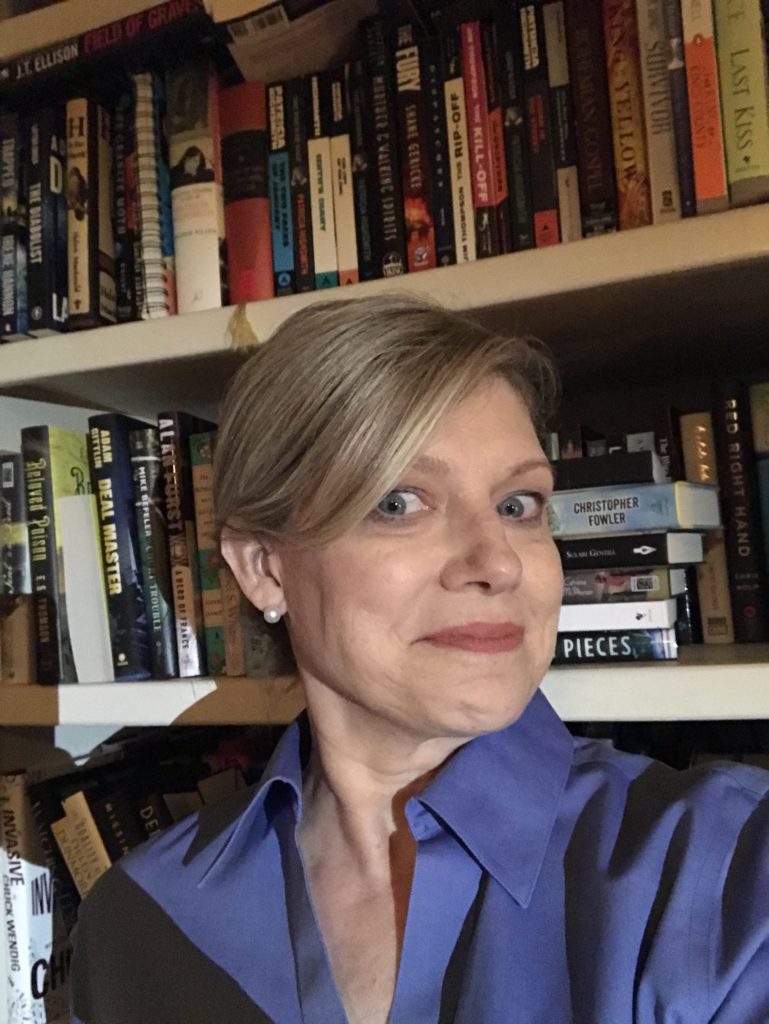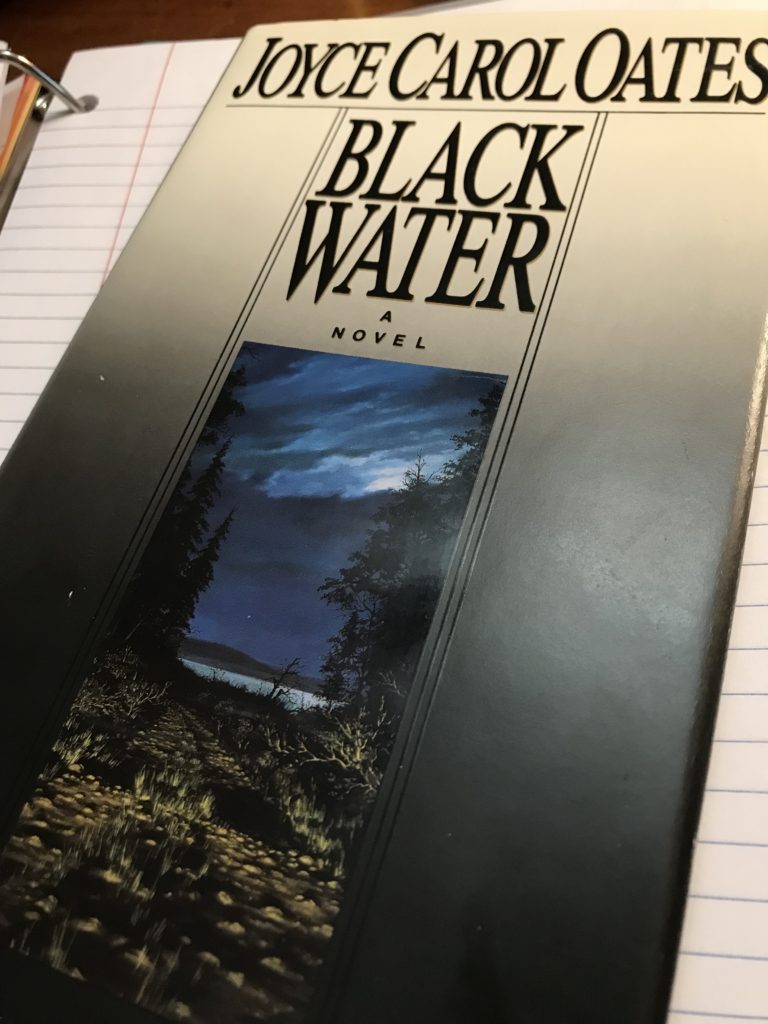The other day I conducted an informal Facebook poll asking if people read acknowledgement pages in books. Because folks who respond to online polls are self-selecting, I wouldn’t make bank on the results. Still, they rather surprised me.
After a brief intro, my direct question was, “Do you read acknowledgement pages?” (Pretty tricky, huh?) All forty-some commenters said that they do. Some said so quite emphatically. Confidentially, I need to hire a better pollster because it wasn’t the answer I was looking for. I find writing out the acknowledgements for a book terrifying. There are writers who do it elegantly, and writers who don’t do it at all. Mine are never elegant, and I know I always forget someone important. (And anyone who helps even slightly with a book is important.) I was half-hoping I would learn that no one reads acknowledgements and they think they’re a waste paper. That way I could go on with other projects. It took me five days of dithering and starting and stopping before I finally got them finished. I write fiction for a reason. Acknowledgements are reality in a very pure form.
I like thanking people. I really do! I’m a regular thank-you note writer, and have been since the days when my mother stood over me to make sure I did them. For me, saying thank you for something is often easier than asking for help in the first place. But not in the case of writing acknowledgments. There’s something so absolutely final about writing acknowledgements. They’re there on paper forever–well, until it rots or the pixels die or we have a digital apocalypse, anyway. If I do it wrong, everyone will know!
I don’t have a system for writing acknowledgements. There’s a list in every novel’s notebook where I write down the names of people I mean to thank. But before I start writing what will go in the book, I always peruse my bookshelves to see what others have done. There are no existing rules that I know of.
Here are some random examples from my shelf:
Judy Blume, IN THE UNLIKELY EVENT: 3+ pages
Johnny Shaw, FLOODGATE: 1 page
Con LeHane, MURDER IN THE MANUSCRIPT ROOM: 1+ page
Elmore Leonard, BE COOL: A brief paragraph with song attributions and a line to Aerosmith and Steve Davis. Also a line in the dedication. All at the front of the book
Margaret Atwood, THE BLIND ASSASSIN: A paragraph with the names, only, of 50 + people, then copyright content notes
Rhys Bowen, CROWNED AND DANGEROUS: 8 lines thanking several people on the dedication page
IAN RANKIN, SAINTS OF THE SHADOW BIBLE: None
That’s a small spectrum of acknowledgements, but they’re all pretty much different. Is one better than another? I don’t think so. It’s a matter of style. Do I think that a writer who only thanks three people rather than fifty is an ungrateful person? Absolutely not. I doubt readers think so.
I confess that it’s gotten more difficult for me over time. If I had a quarter of as many books as Margaret Atwood, I would probably just starting listing folks as well. One can only extoll the amazing virtues of one’s agent so many ways. At this point I have to go back and make sure I’m not repeating myself.
The FB poll opened my eyes to how important acknowledgements can be to readers, as well as reviewers and bloggers. Acknowledgements give readers a behind-the-scenes glimpse at the writer’s process and the publishing scene. They also give us a glimpse into the personality style of the writer. Or maybe not. I’m not quite decided on that. I never met Elmore Leonard, and I haven’t met Judy Blume or Margaret Atwood, but their acknowledgements styles reflect what I imagine them to be (or to have been) like. And while I don’t know the rest of the writers in my examples well, I know them enough to find their styles compatible with their personalities. And they’re all lovely people.
There are two instances where I’ll go straight to the acknowledgements page. The first is if I know it’s a heavily researched novel. I love to hear about sources. The other is if I know the writer fairly well. There are few things more embarrassing than learning a year after the fact that someone put you in their book.
Writers–How do you approach acknowledgements? I’m dying to know what your process is!
Readers–Do you read acknowledgements? Do you judge the writer by what you read? What do you look for? Please tell us!

